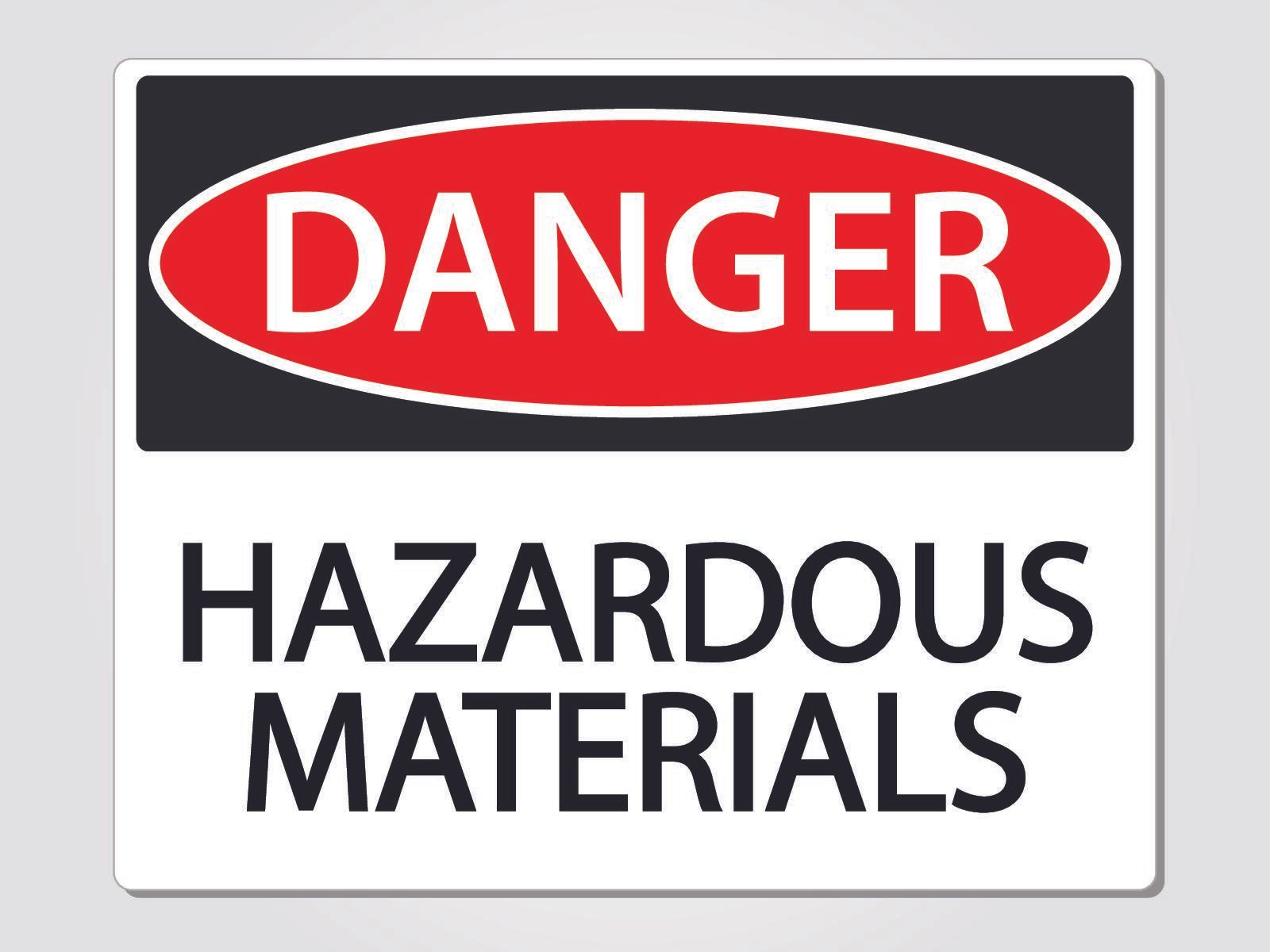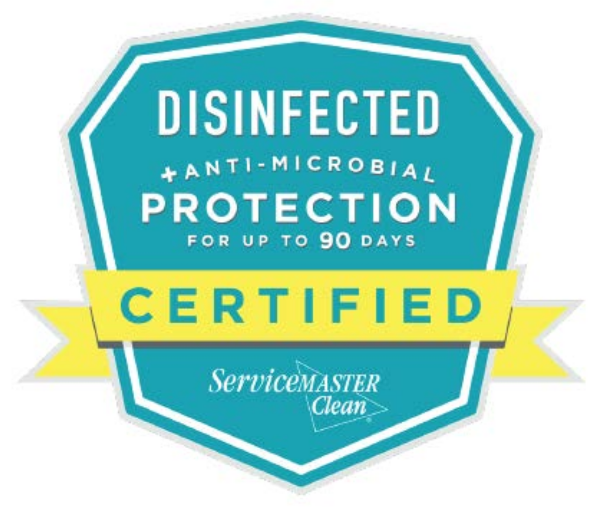The Dirtiest Places in the Workplace
As the Flu season comes to an end with summer just around the corner, you may not think twice about the germs we’re exposed to in the office. However, we are exposed to viruses, germs, and bacteria all over the workplace year-round, not just in the dreary winter months.
Though many companies invest in cleaning services for their offices, the truth is if the service isn’t thorough enough, your office is at risk of being downright dirty. Not all surfaces are created equal; some areas of the office are much more germ-ridden than others. Read on to discover the dirtiest places in the workplace and how to get them up to par and germ-free.
The Breakroom
Using a tool to measure the amount of ATP, a molecule found in all living cells, mold, yeast, and bacteria, Kimberly-Clark Professional conducted a study by swabbing over 4500 surfaces across several types of workplaces and office buildings.
You might find it surprising to learn that the top of the list of dirtiest spots was not the office bathroom, but the break room. The worst offenders? The kitchen sink, microwave handle, and refrigerator handle. In the study, these surfaces contained a multitude of ATP molecules in 75% of breakrooms tested.
The study’s findings are startling. Many people eat in the breakroom, and they naturally assume that the break room is sanitized to ensure their meal area is germ-free. To remedy the situation, the problem surfaces should be cleaned each day with a thorough cleaning each week to prevent the spread of germs and reduce employee sick days. In the meantime, it is always a good idea to implement hand-washing after any contact with communal surfaces.
Your Office or Cubicle
Another area that beats the restroom as one of the dirtiest places in the workplace may come as a surprise: your own office or cubicle. In the Kimberly-Clark Professional study, personal keyboards, computer mice, and office phones were the biggest germ-hoarders. Most people probably don’t think to worry or sanitize their own area, so this adds to the number of sick days taken each year.
Even if an employee is a diligent hand-washer, their co-workers may not be as sanitation-prone. This leads to the transference of germs in communal areas such as the break room onto many personal items such as computer accessories and telephones.
To combat this, it’s a good idea to keep sanitation tools such as Lysol or Clorox wipes in your personal area and conduct a quick wipe-down of frequently-used surfaces before you leave at night, or even before your shift begins.
The Bathroom
Kimberly-Clark Professional estimates the bathroom to be low on the list of dirtiest places in the workplace due to employee’s awareness of risky germs found in the area. This, paired with regular thorough restroom cleaning, reduces the risk of germ transmission.
The study, however, aimed to show just how many germs of those who fail to properly wash their hands after using the area can spread around the office from the refrigerator to a personal keyboard.
To maintain good hygiene, it is best to always keep up with hand washing, though it doesn’t stop there. Since many may improperly wash their hands, or some not at all, it’s best to use paper towels to turn off faucets after washing and when opening germy door handles as well.
In addition to the quick cleaning tips provided in the above office problem areas, the best solution to keep your office clean is by utilizing a commercial cleaning service.
You might also like

Book a Service Today
We will get back to you as soon as possible
Please try again later
Are You Ready For Reliable & Efficient Commercial Cleaning?
Don't wait, call or contact us for help today!
Navigation
An independent business licensed to serve you by ServiceMaster Clean
Copyright 2023 | ServiceMaster Commercial Cleaning



